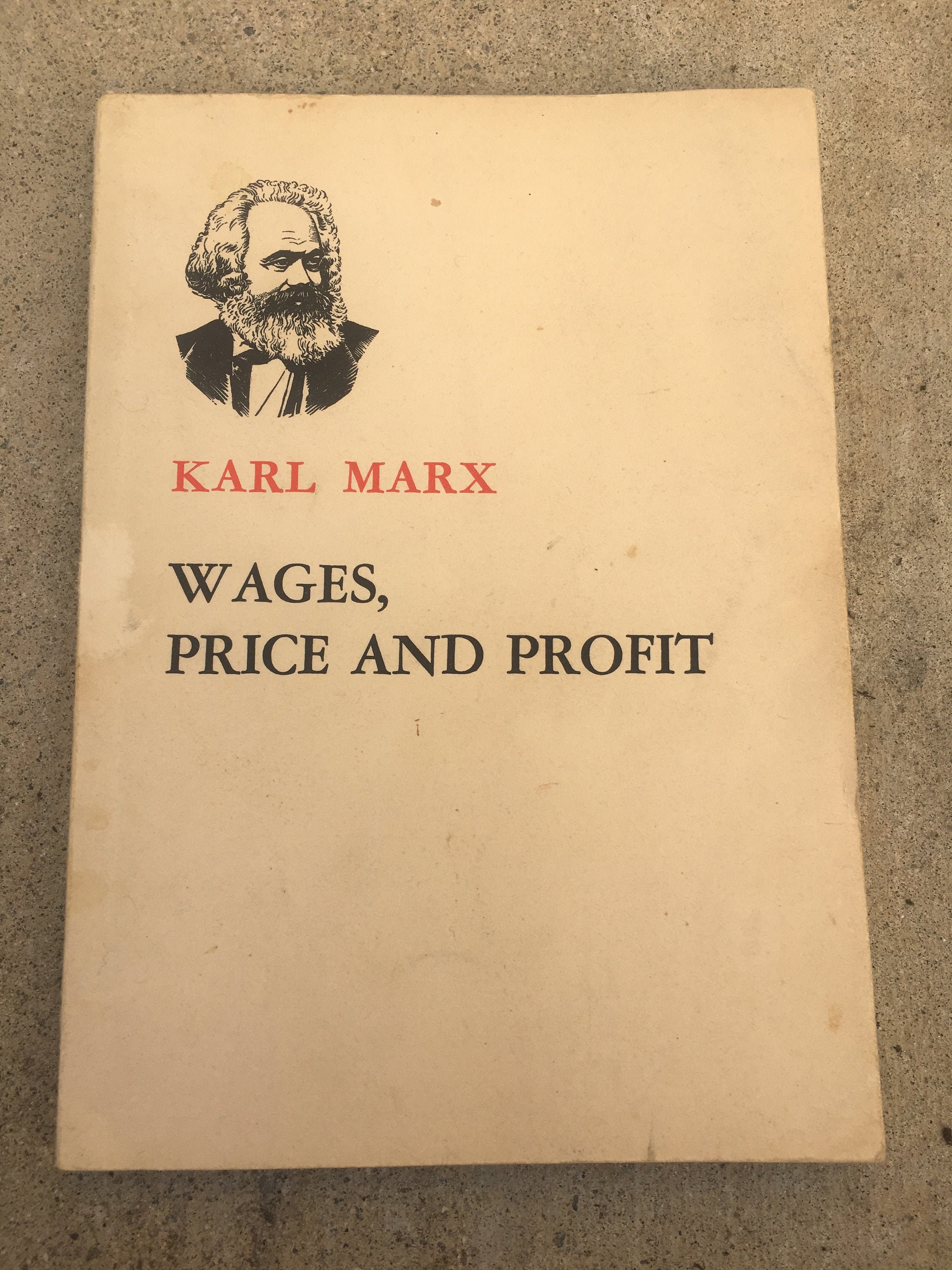

In recent decades, workers’ collective bargaining power has declined alongside falling trade union membership. In a recent report, the Bank for International Settlements (BIS) makes the point that, The decade of the 2010s saw basically a stagnation of average real wages in most major economies. By 2019, labour’s share was at all-time low. There has been a general pattern of the labour share of income falling during the early phase of recoveries characterized most of the post–World War II recoveries, though it has become more extreme in recent business cycles. Unit labour costs (ie the cost of labour per unit of production) fell over a three-year stretch from the recession’s trough in the second quarter of 2009 to the middle of 2012. Corporations instead applied extreme wage suppression (aided by high and persistent levels of unemployment).

In the Great Recession recovery, price growth was actually quite subdued over the first few years of that recovery. Indeed, that is what is happening now in the current bout of inflation. As he said, “capitalists cannot raise or lower wages merely at their whim, nor can they raise prices at will in order to make up for lost profits resulting from an increase in wages.” If wages are ‘restrained’ that may not lower prices but instead simply increase profits. But that meant the shares of that labour time between the workers who created the commodity and the capitalist who owned it was not fixed but depended on the class struggle between employers and employed. Marx argued that the value (price) of commodity ultimately depended on the average labour time taken to produce it.
MARKX VIEW ON WAGE SERIES
Marx rebutted Weston’s views both theoretically and empirically in a series of speeches published in the pamphlet, Value Price and Profit. For Weston, there was an ‘iron law’ of real wages tied to the labour time required for subsistence which could not be broken. As far back as in the mid-19 th century, the neo-Ricardian trade unionist Thomas Weston argued in the circles of the International Working Man’s Association that workers could not push for wages that were higher than the cost of subsistence because it would only lead to employers hiking prices and was therefore self-defeating. The wage-push theory existed before Keynes.

Bailey did not talk about ‘restraint’ in market pricing or profits.
MARKX VIEW ON WAGE FULL
But this wage push theory persists among orthodox Keynesians because they think full employment breeds inflation and it is supported by the authorities because it ignores any impact on prices by businesses attempting to boost profit. After all, the correlation between wage growth and inflation has declined over recent decades and is currently near historical lows. This ‘wage-push’ theory of inflation has been refuted both theoretically and empirically, as I have shown in several previous posts.Īnd more recently the Bank for International Settlements (BIS) study confirms that,īy some measures, the current environment does not look conducive to such a spiral. But what I am saying is, we do need to see restraint in pay bargaining, otherwise it will get out of control.īailey followed the Keynesian explanation of rising inflation as being the result of a tight (‘full employment’) labour market allowing workers to push for higher wages and thus forcing employers to hike prices to sustain profits. I’m not saying nobody gets a pay rise, don’t get me wrong. The Governor of the Bank of England, Andrew Bailey set the attitude of the mainstream view on the impact of inflation in February, when he said that,


 0 kommentar(er)
0 kommentar(er)
